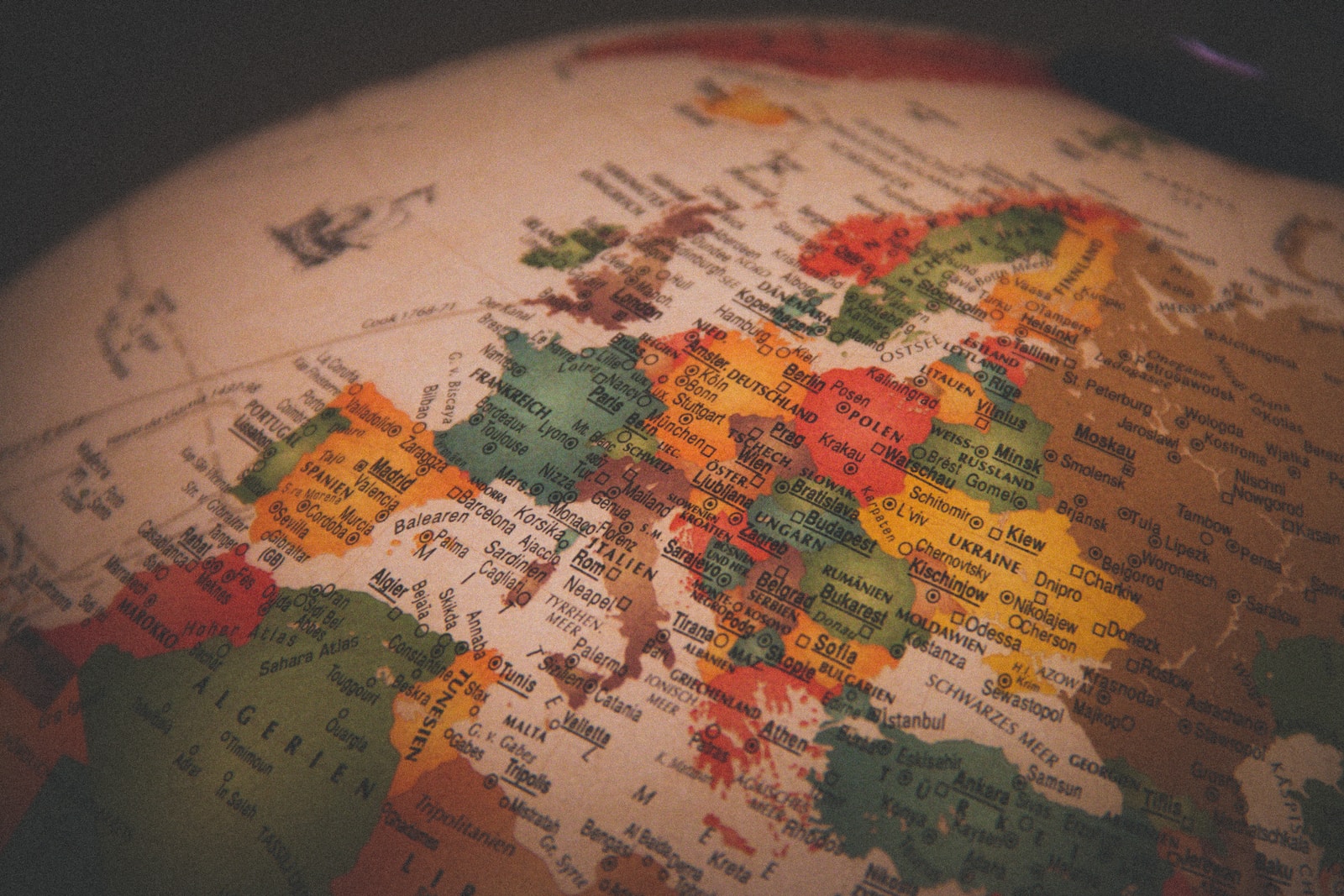The Pros and Cons of Space Travel
Exploring the Benefits and Drawbacks of Venturing into Space
Space travel, the final frontier, has captivated the imagination of humans for centuries. The idea of exploring the vast unknown, venturing to other planets, and reaching for the stars has been a dream of scientists, writers, and visionaries alike. However, while space travel offers numerous potential advantages, it also comes with its fair share of drawbacks and challenges.
In this article, we will delve into the advantages and disadvantages of space travel, examining the incredible opportunities it presents for scientific discovery, technological advancement, and the potential for human colonization beyond Earth. We will also consider the risks, environmental impact, and ethical considerations associated with space exploration.
Pros
Space travel holds the promise of numerous advantages and potential benefits for humanity. From scientific discoveries to technological advancements, the opportunities presented by venturing into space are vast and potentially transformative. Here are some of the key advantages of space travel:
Resource Utilization
Space exploration could unlock access to vital resources, such as rare minerals and metals, which may be essential for sustaining human civilization and enabling future space-based industries.
Inspiration and Education
Space missions inspire and captivate the imagination of people around the world, encouraging interest in science, technology, engineering, and mathematics (STEM) fields and fostering a new generation of aspiring scientists and explorers.
International Collaboration
Space exploration often involves collaborations between nations, fostering international cooperation and diplomacy, and providing a platform for shared scientific achievements and goals.
Technological Innovation
The challenges of space travel drive innovation in technology, leading to the development of new materials, propulsion systems, and life support technologies with spin-off applications for industries on Earth.
International Collaboration
Space travel often involves collaboration between different countries and space agencies. This fosters international cooperation and diplomacy, leading to better relationships and understanding between nations. Furthermore, pooling resources and expertise can lead to more ambitious and successful missions.
Resource Utilization
Exploring and eventually colonizing other planets could provide access to new resources that are scarce on Earth. This could alleviate resource shortages and reduce the strain on our planet's natural resources.
Scientific Discovery and Exploration
Space travel enables scientific research and discovery on an unprecedented scale. It allows us to study celestial bodies, such as planets, moons, and asteroids, leading to profound insights into the origins of the universe and potential extraterrestrial life.
Human Colonization
Space travel offers the potential for humanity to establish permanent settlements on other celestial bodies, ensuring the long-term survival of the human species and expanding the horizons of civilization beyond Earth.
Missing a pro?
Let us know which pro you are missing!
Cons
Despite its promise, space travel also presents significant challenges, risks, and ethical considerations that must be carefully evaluated. Here are some of the key disadvantages and drawbacks of space travel:
Health Risks for Astronauts
Extended space missions pose significant health risks to astronauts, including exposure to radiation, muscle atrophy, bone density loss, and psychological challenges resulting from isolation and confinement in a hostile environment.
Planetary Protection and Biocontamination
The inadvertent introduction of Earth-based organisms to other celestial bodies during space missions poses a threat to the natural ecosystems and scientific integrity of potential extraterrestrial environments.
Space Debris
As space travel becomes more common, the amount of space debris orbiting the Earth increases. This debris poses a risk to operational satellites, spacecraft, and even the International Space Station. It also presents a challenge for future space missions and could potentially lead to collisions that create even more debris.
Cost and Funding
Space travel and exploration demand substantial financial investments, often requiring public funding and international cooperation, with uncertain returns on investment and competing priorities for resource allocation.
Environmental Impact
Space launches and activities contribute to environmental pollution through the release of greenhouse gases, hazardous materials, and space debris, posing potential risks to Earth's atmosphere and ecosystems.
Ethical Considerations
The pursuit of space exploration raises ethical dilemmas related to the preservation of celestial environments, potential contamination of extraterrestrial bodies, and ensuring equitable access to space resources for future generations.
Space Debris and Collision Hazards
The proliferation of space debris from satellite launches and space missions poses hazards to ongoing space operations, jeopardizing the safety of spacecraft and the sustainability of orbital environments.
Space Law and Governance
The lack of clear international laws and governance mechanisms for activities in outer space poses challenges. Issues such as ownership of extraterrestrial resources, liability for space debris, and potential conflicts between space-faring nations are complex and currently unresolved.
Missing a con?
Let us know which con you are missing!
Conclusion
In conclusion, the exploration and colonization of space offer boundless opportunities for human progress and understanding, but they also present formidable challenges that must be navigated with caution and responsibility. By considering the benefits and drawbacks of space travel, we can strive to harness the potential of the cosmos while mitigating its impact on Earth and beyond.
What do you think?
Do you think the pros outweigh the cons?










